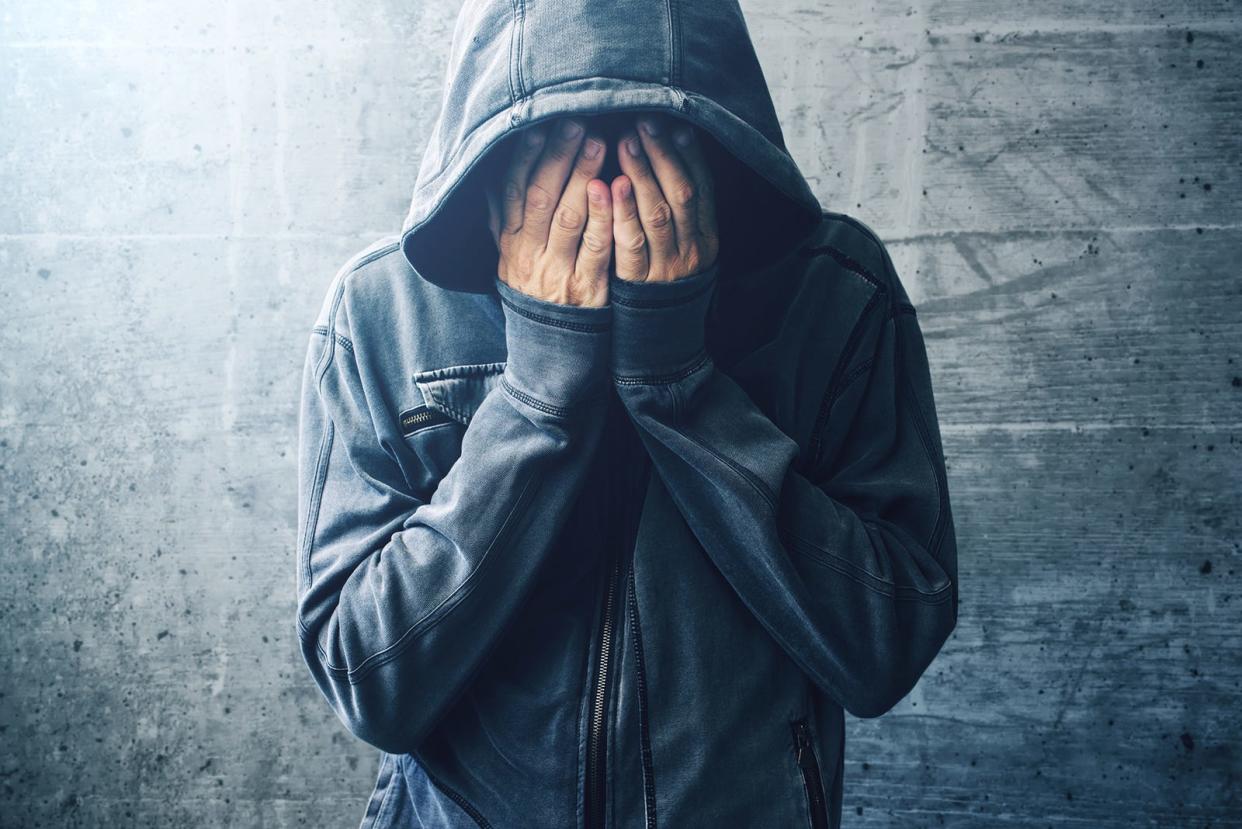Guest opinion: Local schools should address teen mental health

Local teens are experiencing stressors never imagined in the past — vaping, social media pressure, school shootings and the opioid epidemic — the list goes on. In addition to these challenges, COVID-19 turned our kids' lives upside down.
In early April, the CDC published a report on teen mental health: More than one third of U.S. high school students said their mental health suffered during COVID-19. In fact, 44% said they persistently felt sad or hopeless during the past year.
U.S. Surgeon General Dr. Vivek Murthy also recently issued a national report highlighting the urgent need to address the nation’s youth mental health crisis. Dr. Murthy said the pandemic’s long-term impact on children’s mental health is “devastating.”
While many are “sounding the alarm” on our clear mental health crisis, it is critical that we now respond with actionable solutions.

More: Guest opinion: Resources to support children's mental health a click away
For years, the U.S. has embraced an archaic, traditional high school health education model that focused on adults lecturing students with outdated textbooks, cheesy videos and scare tactics.
In fact, more than 10 years ago, Florida removed the health education class mandate for high school graduation altogether. In addition to lacking proper health education, many Florida schools also lack sufficient health services on campus, such as nurses, mental health professionals and health clinics.
The World Health Organization just released its latest Mental Health Atlas, reporting that governments spent, on average, a meager 2 percent of their health budgets on mental health in 2020.
Florida’s youth deserve better.
Understandably so, school leaders are concerned with student retention, test scores, graduation rates and college placement. However, we cannot succeed in the academic arena if we are not addressing stressors and distractions in our students’ lives, such as food insecurity, job loss and domestic violence.
The U.S. Surgeon General’s report outlined several recommendations to address youth mental health, including supporting mental health in school settings.
As the founder of Florida-based Health Information Project (HIP), the nation’s only comprehensive peer-to-peer health education program for high school students in the U.S., we’ve successfully partnered with several school school districts to make mental health education a priority.
HIP’s programming is science-based and relatable, since we know independent research shows that teens are more likely to shift behavior by receiving health messaging from their peers. Unlike traditional health classes led by adults, our innovative peer-to-peer approach utilizes high school students as health educators. HIP’s curriculum covers critical topics like depression, anxiety, stress, bullying and obesity–and COVID-19’s impact.
HIP is different from many other programs partnering with schools. It does not rely on outsiders coming in to teach the program, it is implemented during the school day and it reaches ALL 9th graders in a school.
And it works. We’ve served 315,000 high school students in public, private and charter schools–from the Florida Keys to Miami-Dade, across Fort Lauderdale and the St. Petersburg/Tampa Bay area.
HIP just co-presented its innovative model with former Miami and current LA Superintendent Alberto Carvalho at The School Superintendents Association’s National Conference on Education.
Now is the time for us all - Florida’s educators, parents, and community leaders - to address mental and physical teen health issues preventatively, not just when a crisis erupts.
The good news is schools across Southwest Florida can lean on organizations like Health Information Project to drive positive, systemic change.
Risa Berrin is the founder and executive director of Health Information Project, a Florida-based non-profit revolutionizing health education by transforming high school students into health educators since 2009. To learn more or to bring HIP to your city, please visit behip.org.
This article originally appeared on Fort Myers News-Press: Teen mental health should be a priority in the education system

